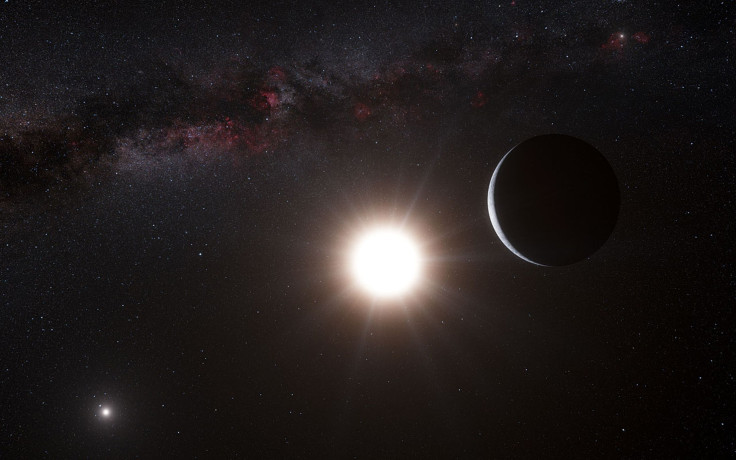You Could Make The Next Exoplanet Discovery With This New Game

When it comes to finding exoplanets in photos, hundreds or even thousands of eyes are better than an algorithm.
The University of Geneva is creating a game to help researchers identify exoplanets with the help of gamers, it will be one of the largest citizen science projects ever, according to the MIT Technology Review.
Read: NASA Trappist Discovery Announcement: 40 Light Years Away, Earth-Size Planets
The game will operate within EVE Online servers under the title “Project Discovery.” EVE is an online gaming platform based in space, developed by the video game company CCP. There is already one Project Discovery game that involves identifying patterns of protein to help advance the science and expansion of the Human Protein Atlas database. Once the exoplanet version of the game is released in June, those playing the game, members of the Massively Multiplayer Online Science community, will be able to enter the game and play their way through data from the University of Geneva to help locate exoplanets.
Once users are “recruited” in the game they’ll be trained to identify different patterns or identifiers for exoplanets that they may encounter and then as they play through the game they can report anything they think may be an exoplanet. Once enough players identify the same possible planet that data will go back to the University of Geneva for review.
The crowd sourcing approach has yielded quick results for the first game that involved the human proteins and researchers are hopeful that this second one will too. Algorithms can only detect so much. When other factors, like light pollution or spikes, are introduced to an image the algorithms have a hard time discerning an exoplanet from any other star, according to the MIT Tech Review. So the trained human eye is necessary for some discoveries.
© Copyright IBTimes 2024. All rights reserved.











